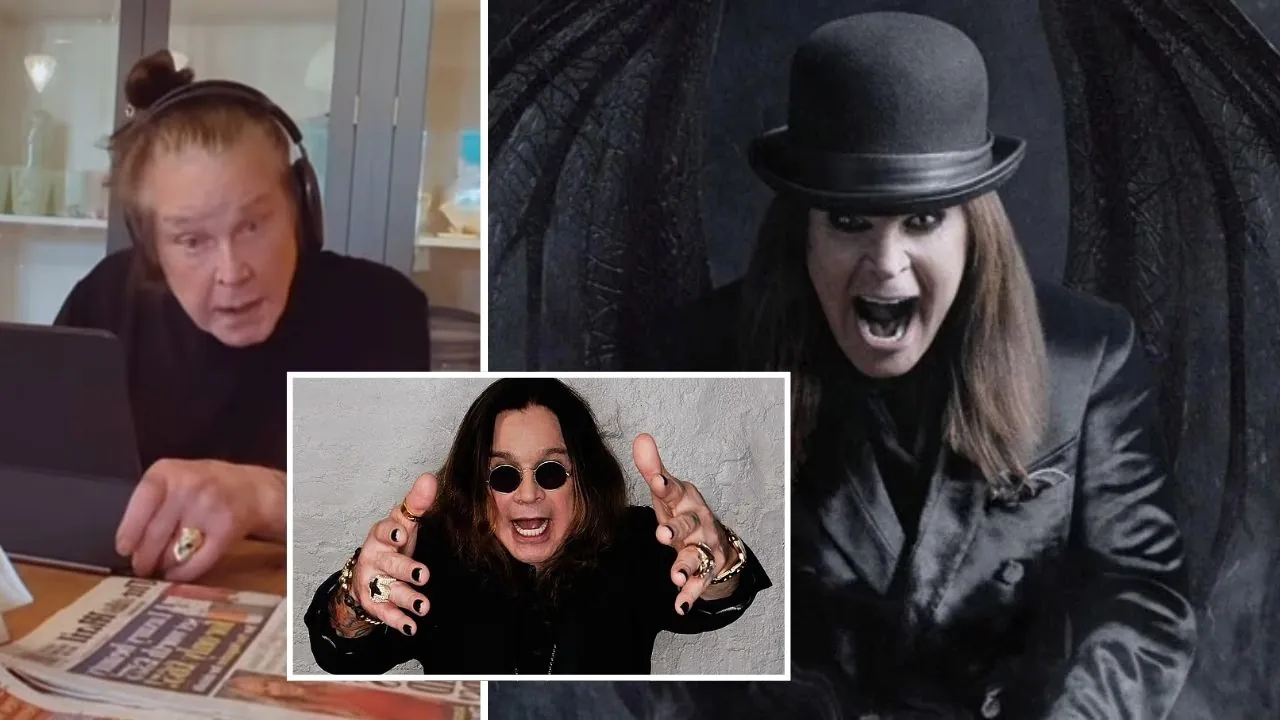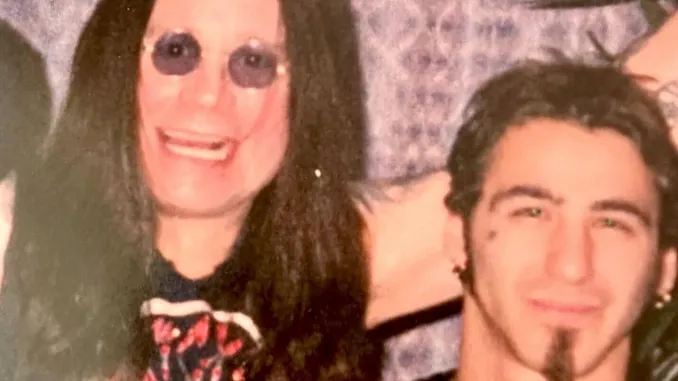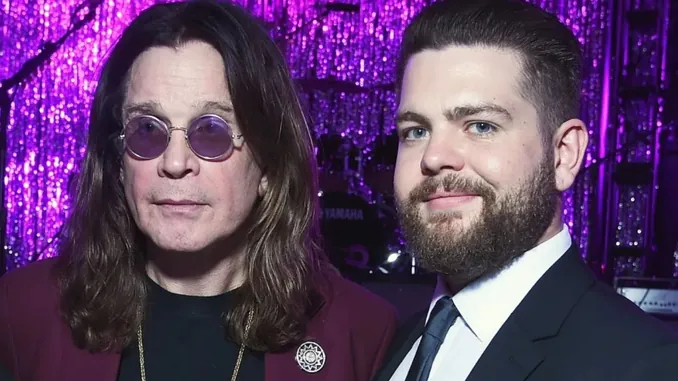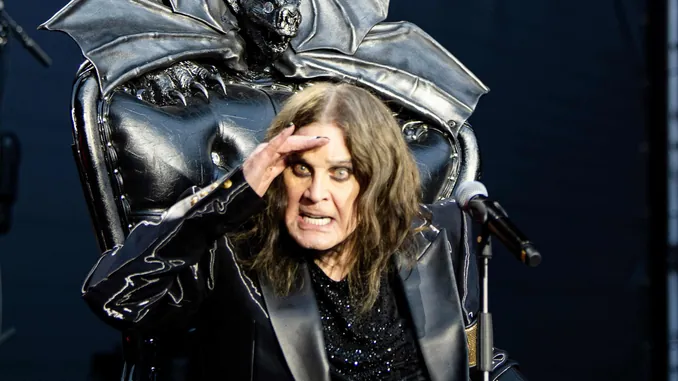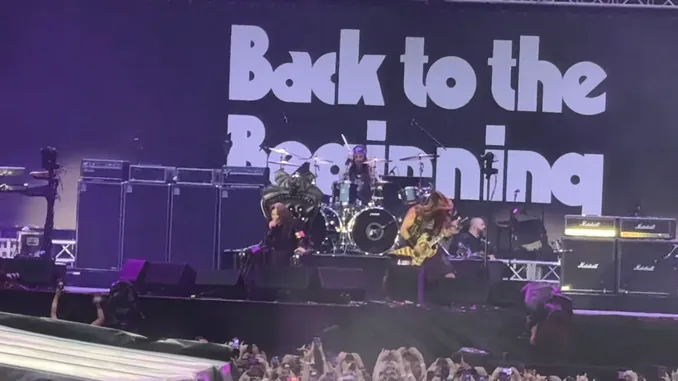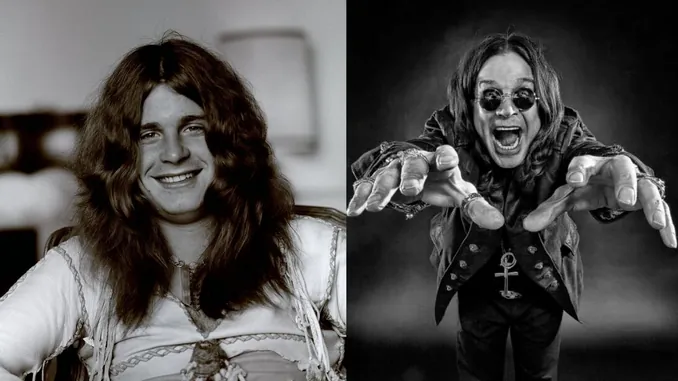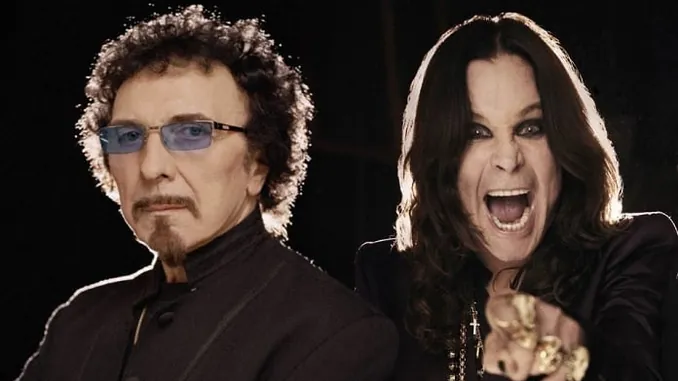COLDPLAY Honors OZZY OSBOURNE With Emotional Cover of ‘Changes’; VIDEO
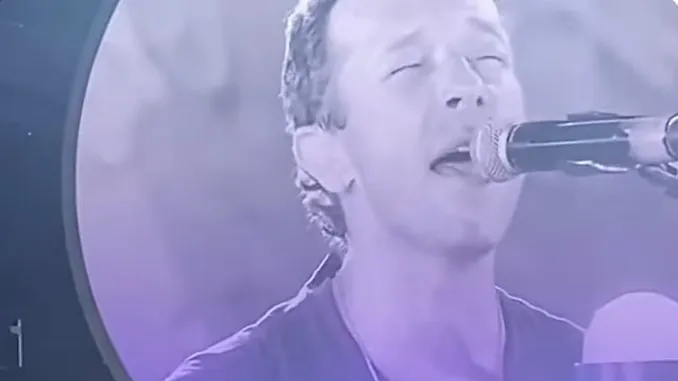
Summary
- Coldplay performed Changes by Black Sabbath at their Nashville show to honor Ozzy Osbourne, who died earlier that day at age 76.
- Frontman Chris Martin dedicated the full concert to Ozzy, saying ‘we love you, wherever you’re going’ after the performance.
- Changes was originally released in 1972 and re-recorded by Ozzy with his daughter Kelly in 2003, making it a deeply personal tribute.
Coldplay paused their regular setlist on July 22 to pay tribute to one of heavy metal’s most iconic figures, Ozzy Osbourne, just hours after news broke of his death at age 76.
The band was performing at Nissan Stadium in Nashville, Tennessee, as part of their ongoing tour. In a quiet moment between songs, frontman Chris Martin addressed the crowd and delivered a heartfelt message.
“We’d like to dedicate this whole show to the incredible genius, talent, and character-full gift to the world who was Ozzy Osbourne,” Martin said from the stage. “We send our love to his family.”
Related
Covering Changes
After those words, Coldplay performed a short but moving version of Black Sabbath’s Changes. Martin sat at the piano, stripped of the band’s usual arena-scale lights and effects, and delivered the ballad in his own style, keeping the tone soft and reflective.
As he finished the song, Martin looked up and added, “Ozzy, we love you, wherever you’re going.”
The performance quickly made its way online, with clips shared across social media platforms (watch below).
Fans from all genres, rock, pop, and metal alike, shared the video, many saying the tribute captured the emotional weight of the day.
Why Changes?
First released in 1972 on Black Sabbath’s Vol. 4, Changes isn’t what most people expect when they think of Sabbath.
The song is built around a piano melody and showcases Tony Iommi’s understated playing. Ozzy’s original vocal delivery on the track has long been praised for its sadness and vulnerability.
Decades later, in 2003, Ozzy re-recorded the song as a duet with his daughter Kelly Osbourne, updating some of the lyrics and turning it into a chart-topping hit in the UK.
The song’s recurring themes, loss, reflection, and emotional transformation, made it a fitting choice for the tribute.
Death confirmed
Earlier that day, Ozzy Osbourne’s family released a statement confirming his passing.
“It is with more sadness than mere words can convey that we have to report that our beloved Ozzy Osbourne has passed away this morning. He was with his family and surrounded by love. We ask everyone to respect our family privacy at this time.”
No official cause of death was provided, though Ozzy had been battling a range of health issues over the years, including Parkinson’s disease, spinal injuries, and complications from a fall in 2019. He also contracted COVID-19, which further impacted his condition.
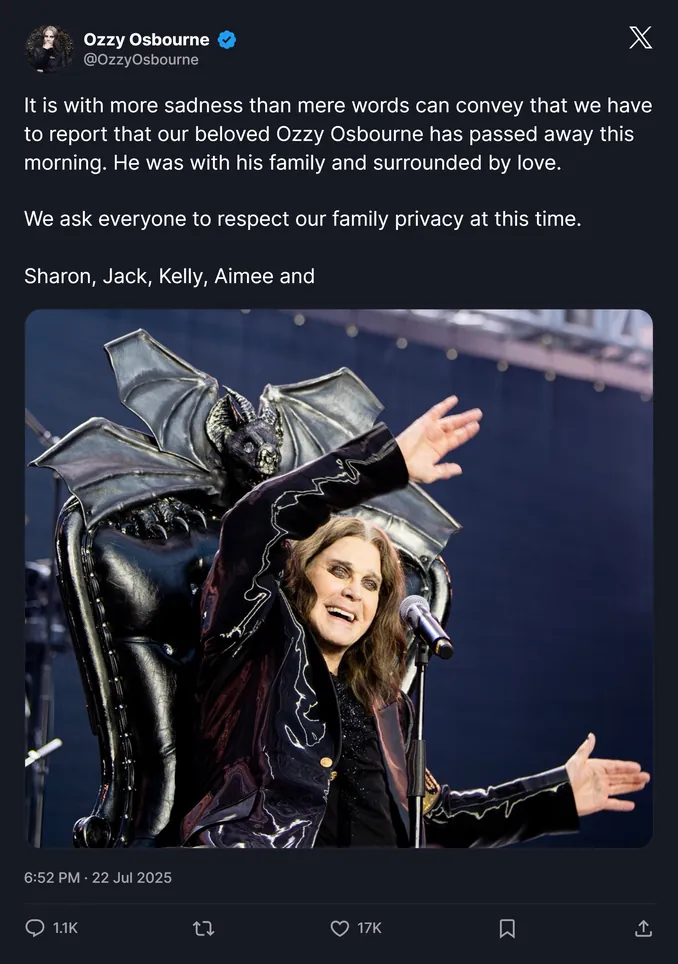
His final show
Just weeks before his death, Ozzy appeared on stage one final time at Villa Park in Birmingham, England. The stadium show featured a reunion with his Black Sabbath bandmates.
More than 40,000 fans were in attendance, and the livestream brought in an additional 5.8 million viewers worldwide.
Ozzy performed five solo songs while seated in a custom-made throne adorned with bats. He then joined the original lineup of Sabbath, minus drummer Bill Ward, for four more songs that would turn out to be his last live performance.
Why Coldplay?
While Coldplay and Ozzy Osbourne live in different musical universes, the choice to honor him wasn’t as random as it may seem.
Chris Martin has previously spoken about his admiration for a wide range of artists, including those outside of the pop and alternative rock space.
Martin once told BBC Radio 2 that he grew up listening to everything from Iron Maiden to Bob Dylan, and that he appreciated any artist “who does something with full conviction, even if it scares people.”
Coldplay has also built a reputation for including tributes in their shows, often covering songs by other artists as nods to their influence or in response to current events.
Their decision to play Changes was seen by many as a way to bridge the gap between generations and genres, acknowledging the emotional depth of Ozzy’s career without trying to imitate his more theatrical side.
The wider reaction
Across the music world, tributes poured in from artists of every background. Members of Metallica, Foo Fighters, Nine Inch Nails, and even Adele posted messages expressing sadness and gratitude for Ozzy’s influence.
On X (formerly Twitter), the clip of Coldplay’s tribute began trending under hashtags like #RIPOzzy and #PrinceOfDarkness. One user wrote, “Didn’t expect to cry at a Coldplay concert, but here we are. That Changes cover hit hard.”
Another commented, “Respect to Coldplay for acknowledging the metal legend. Ozzy crossed genres and generations.”
A complicated legacy
Ozzy’s image has always walked the line between chaos and charm. Known as the Prince of Darkness, he was also a father of six, a reality TV star, and a walking contradiction.
He bit the head off a bat, urinated on the Alamo, snorted ants on tour, and somehow lived through it all.
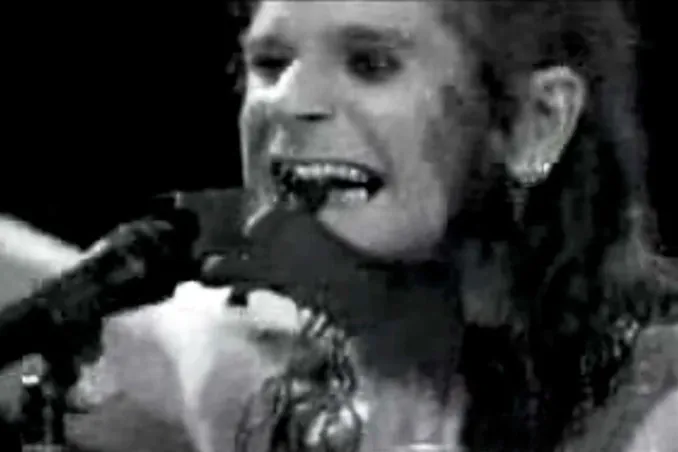
Scientists even studied his DNA and reportedly found unique mutations that helped him survive years of heavy drug and alcohol use.
Despite the mayhem, Ozzy’s talent remained undeniable. From fronting one of metal’s founding bands to launching a solo career that gave us Crazy Train and Mr. Crowley, his musical contributions are deeply etched into rock history.
Remembered
In a 2002 interview with Rolling Stone, Ozzy said,
“I’ve done a lot for a simple working-class guy. I made a lot of people smile. I’ve also made a lot of people go, ‘Who the @#$%! does this guy think he is?’ But I’ve got no complaints. At least I’ll be remembered.”
That quote, along with Coldplay’s tribute, seems to capture the feeling that echoed through the crowd in Nashville.
Ozzy is gone, but not forgotten.
RIP Legend 🤘
Check out the Coldplay cover 👇
Got a tip for us? Email: [email protected]
A funeral procession for Ozzy Osbourne will take place in Birmingham, England, on Wednesday, July 30. The public will have a chance to say goodbye to …

